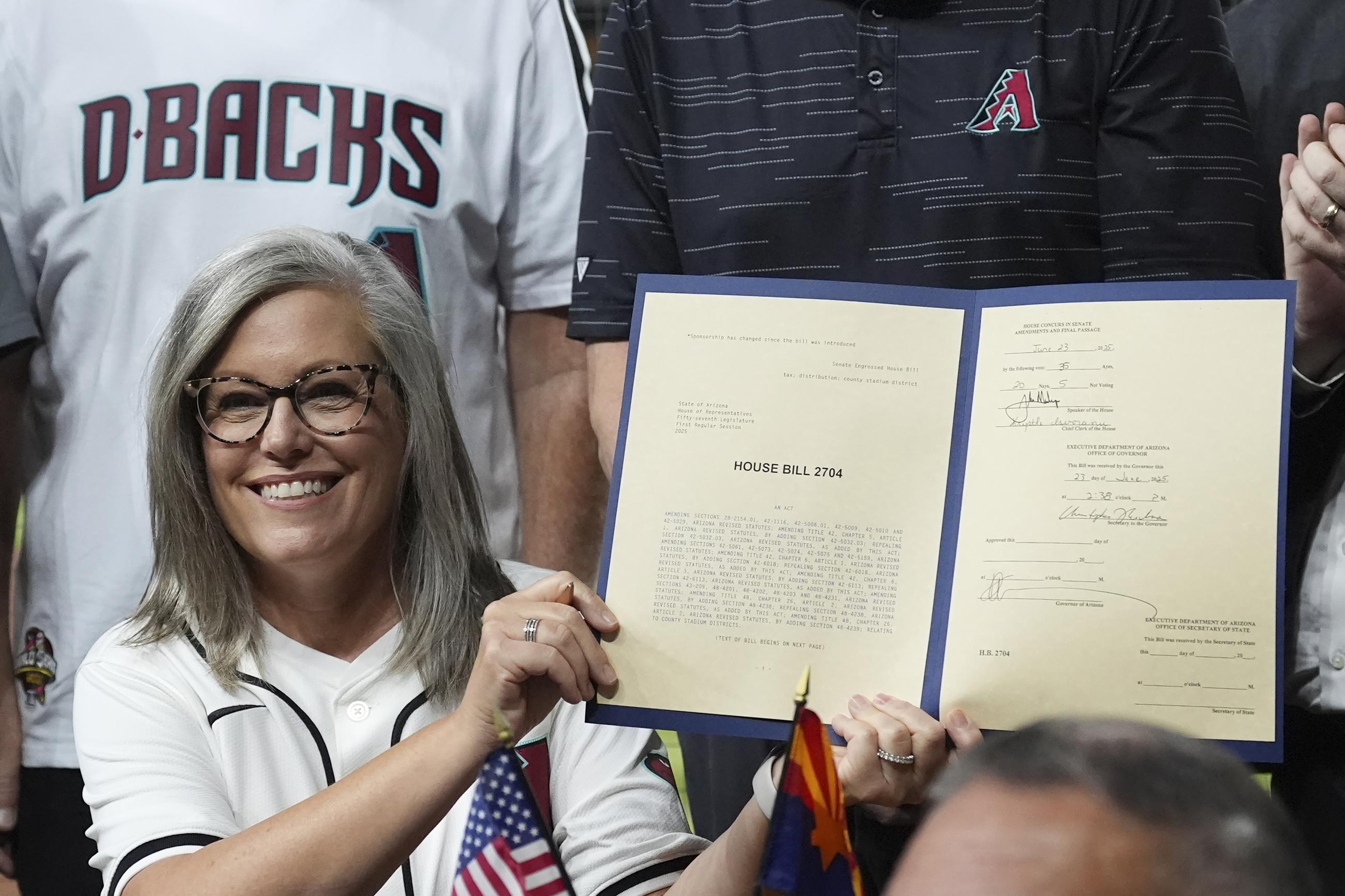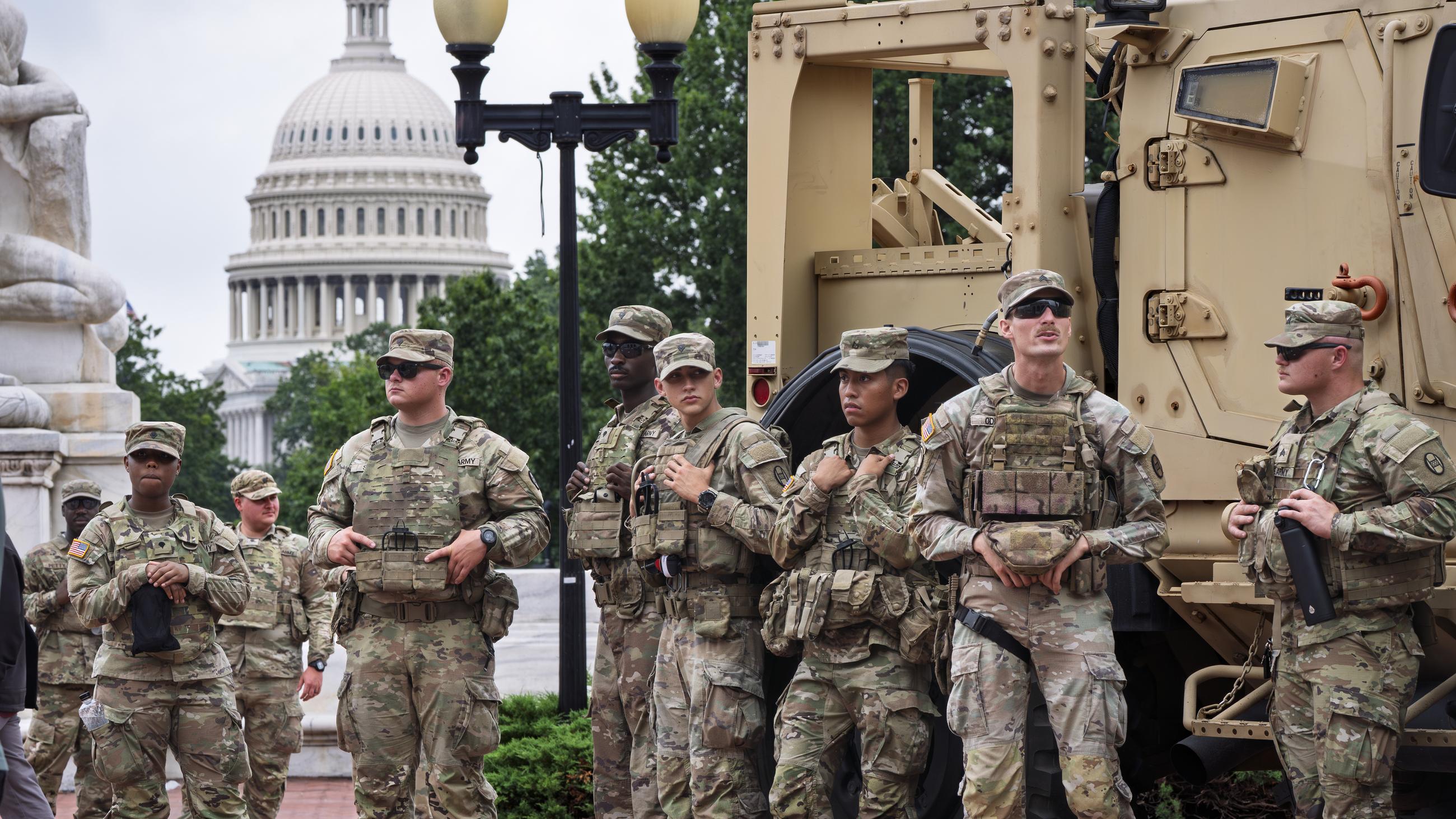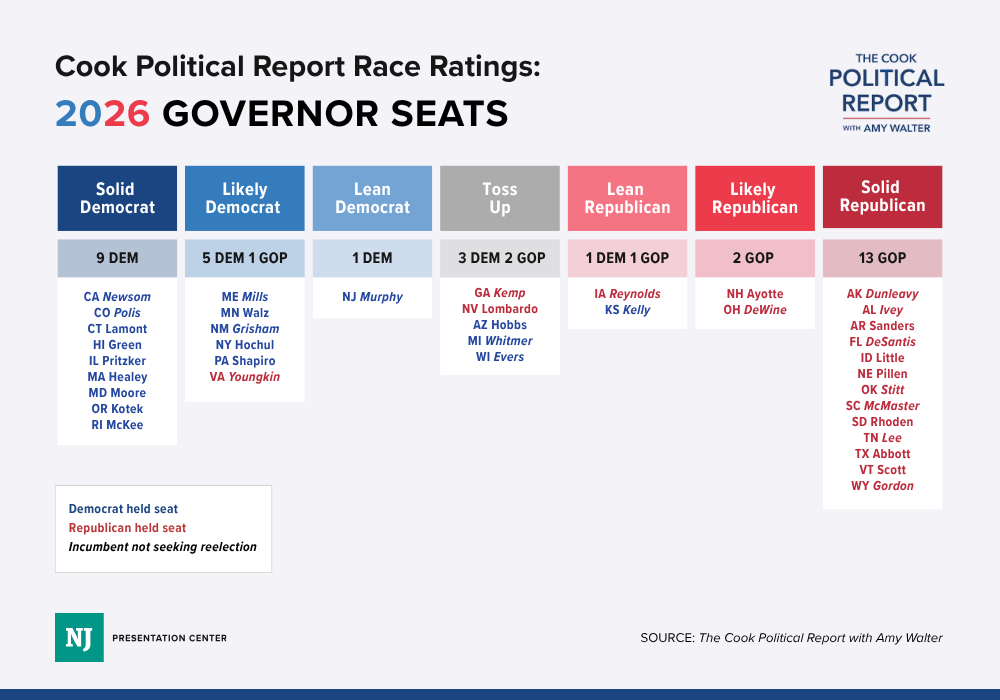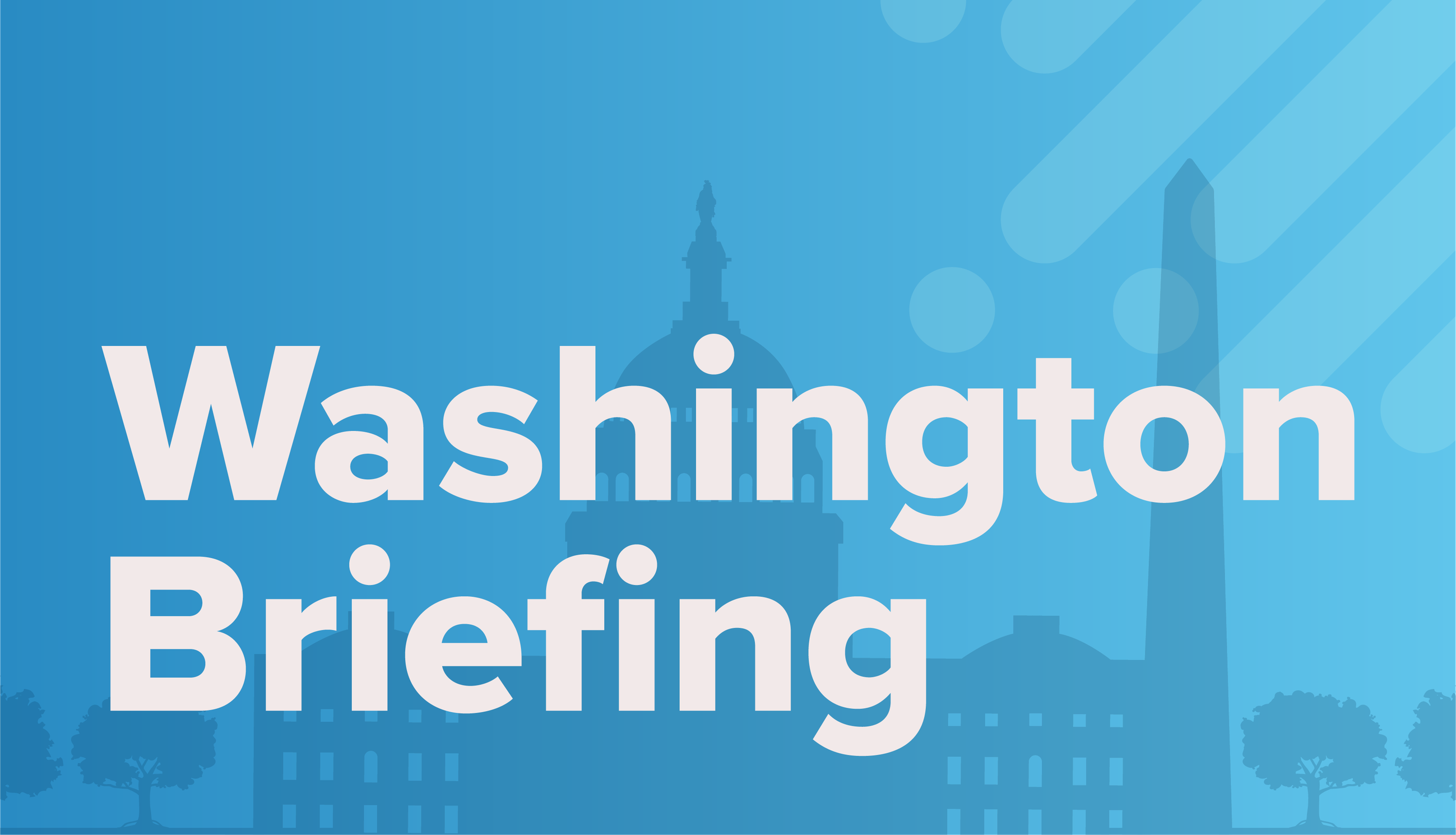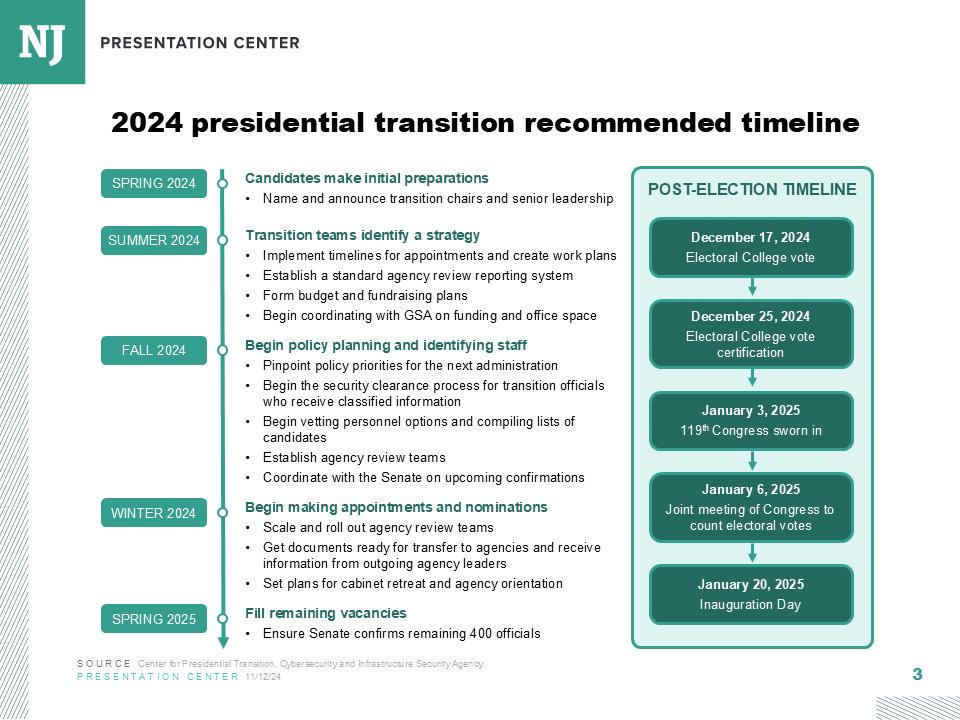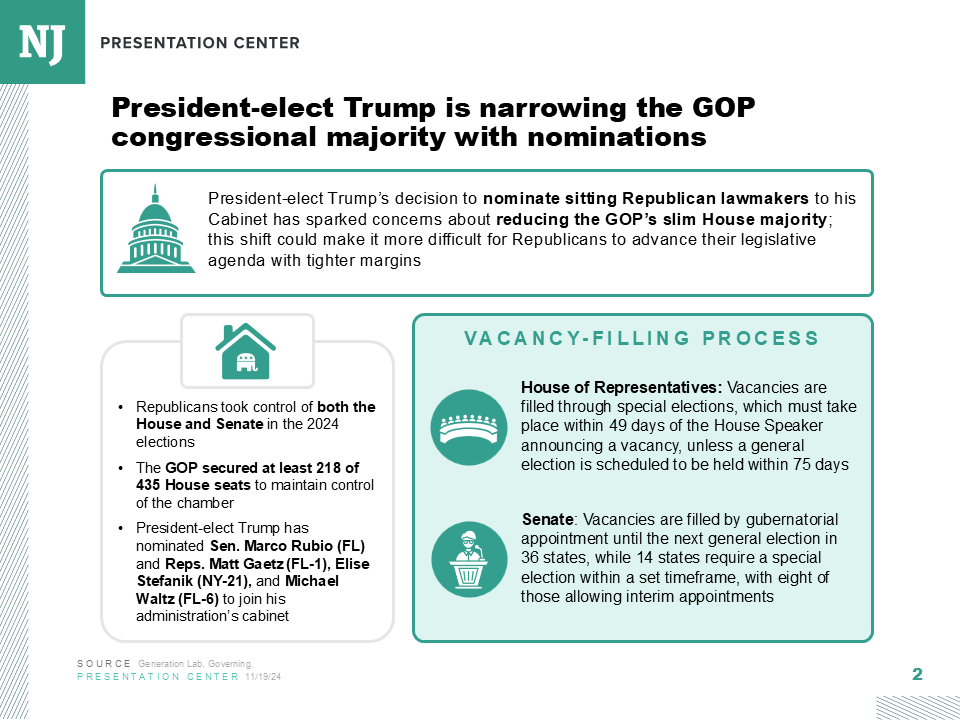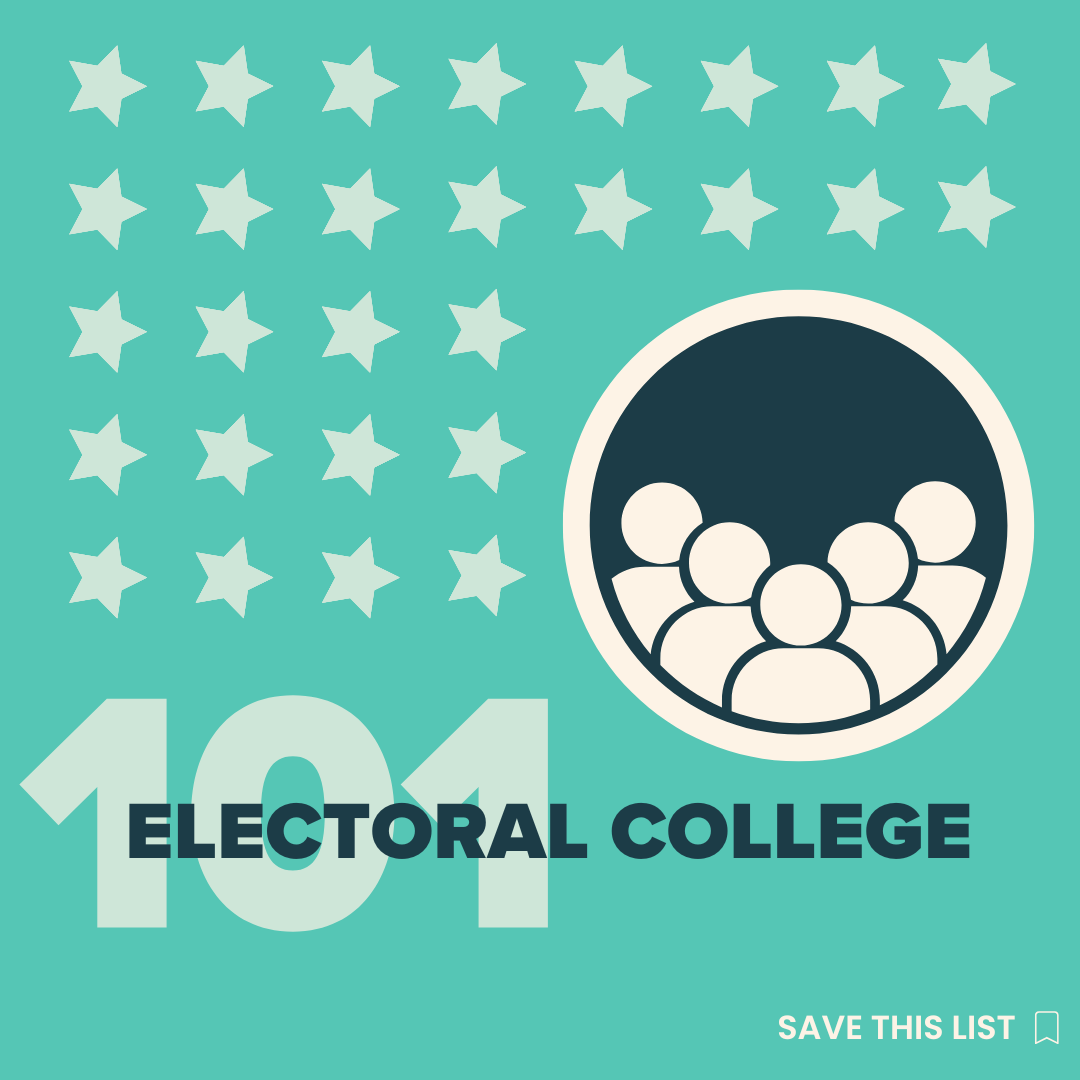Governors are on the front lines in President Trump’s second term, either aligning with him on issues like mid-decade redistricting or pushing back on increased federal pressure and the deployment of the National Guard.
Next year, 36 states will hold gubernatorial elections in a midterm that is expected to be a referendum on Trump. Democrats have seven open seats to defend compared to Republicans' 10. Conventional wisdom holds that the party out of power does better in the midterms, but Democrats will have to overcome voter fatigue and dissatisfaction with their party.
Here are Hotline’s initial gubernatorial Power Rankings, which list the top 10 states most likely to flip next fall. The findings are based on interviews with committees and operatives, as well as analysis of fundraising and polling.
1. Kansas: Open (D)
Term-limited Democratic Gov. Laura Kelly is a uniquely popular governor in a red state, but it’s unlikely conditions are right for Democrats to repeat her wins. Two cycles ago, Democrats rode voter backlash to former Republican Gov. Sam Brownback’s sweeping income-tax cuts, which had drained the state's budget and strained services. Eight years later, any ties Democrats make between the current GOP field and Brownback may fall flat. Still, the GOP field is full of familiar names from that era. The front-runners—former Gov. Jeff Colyer, Secretary of State Scott Schwab, and state Senate President Ty Masterson—either served alongside Brownback or supported his tax cuts in the legislature. Colyer leads with name ID from his brief stint as governor following Brownback’s resignation in early 2018, while Masterson has made headlines for his role at the forefront of the state’s mid-cycle redistricting push this year. On the Democratic side, Lt. Gov. David Toland, the most talked-about potential contender, passed on a run, leaving state Sen. Ethan Corson as the Democrat hoping to carry on Kelly’s moderate legacy. But Corson lacks statewide name recognition. With no fundraising data yet, it’s unclear who in either primary has the weight. For Republicans, the job is simple: Don’t fumble the race.
2. Michigan: Open (D)
The Wolverine State is shaping up to be one of the most competitive open seats thanks to Detroit Mayor Mike Duggan, who is running as an independent. Duggan’s entry scrambles both parties’ math. Republicans say the former Democrat will siphon voters from the Left, while Democrats see him pulling voters from both sides. With Duggan in the mix, neither party will need to crack 50 percent to succeed term-limited Gov. Gretchen Whitmer, which bodes well for Republicans. Both primary fields are large and won’t be settled until August 2026, leaving little time for whoever emerges to run a general-election campaign. Secretary of State Jocelyn Benson is the conventional Democratic front-runner. In the first half of 2025, she led with $3.2 million raised to Lt. Gov. Garlin Gilchrist’s $750,000. It can be hard to convince voters to continue with same-party leadership for a third term in any state, so Benson will have to prove how she’s different from Whitmer. Rep. John James is viewed as the Republican front-runner, but some institutional GOP leaders have soured on him. State Senate Minority Leader Aric Nesbitt outraised James in the first half of the year.
3. Wisconsin: Open (D)
Both fields in the Badger State are still taking shape after Democratic Gov. Tony Evers announced in July he would not seek a third term. In a race without an independent wild card like Duggan in Michigan, each party must inch towards 50 percent to pick up the governor’s seat. Out of all the swing states in 2024, Trump won with his narrowest margin in Wisconsin. While the state historically swings opposite the party in the White House, convincing voters to extend one-party rule for a third term remains a challenge, just as in Michigan. Rep. Tom Tiffany is the likely GOP front-runner over newcomer Josh Schoemann. Former Navy SEAL Bill Berrien suspended his campaign after reports that he had followed sexually explicit accounts online. With the primary set for late August, Republicans can start mounting a general-election campaign early if Tiffany consolidates support. A crowded field is shaping up on the Democratic side: State Attorney General Josh Kaul’s decision not to run cleared the lane for Lt. Gov. Sara Rodriguez as the moderate Democratic choice. Former Lt. Gov. Mandela Barnes has a higher name ID thanks to his 2022 challenge to Sen. Ron Johnson, but his anticipated entrance into the race concerns Democrats who don’t want a repeat of his narrow loss.
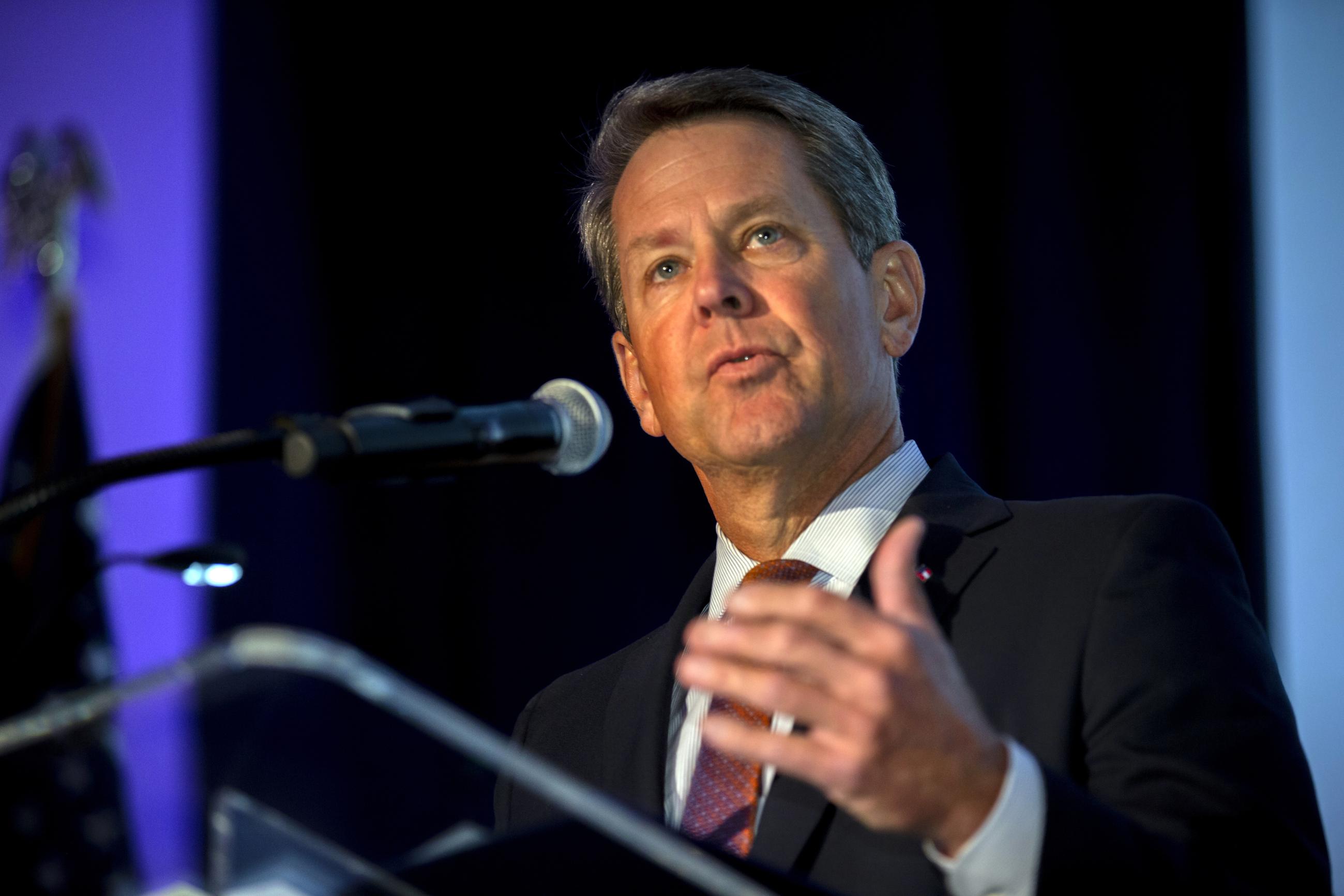
4. Georgia: Open (R)
This state’s governor’s seat has been Democrats’ white whale, but they see 2026 as their best shot yet. Growing Asian, Hispanic, and Black populations, primarily in the Atlanta metro area, have started to chip away at Republicans’ edge in the state. Candidates in the crowded Democratic field are homing in on health care following the cuts to Medicaid funding in the GOP reconciliation bill and the fight over expiring Affordable Care Act tax credits—both of which have particular salience in the Peach State, where the Republican-controlled legislature never expanded Medicaid.
Sen. Jon Ossoff’s reelection bid, expected to be one of the most expensive races next year, could also boost the eventual Democratic nominee in a coordinated campaign. Still, it’s too early to pinpoint a Democratic front-runner. Former Atlanta Mayor Keisha Lance Bottoms, former DeKalb County chief executive Michael Thurmond, former Lt. Gov. Geoff Duncan, and state Sen. Jason Esteves are leading the pack, but there will likely be a runoff next summer. That could bode well for Republicans if they can avoid a messy primary—which is already proving hard. Trump-endorsed Lt. Gov. Burt Jones and state Attorney General Chris Carr have sparred over Jones’s fundraising via a leadership PAC, while Secretary of State Brad Raffensperger is emerging as the moderate alternative. Republicans found success in the past with moderate Gov. Brian Kemp, but if Jones wins the GOP nomination, he may struggle to attract independent voters.
5. Arizona: Gov. Katie Hobbs (D)
Hobbs faces the toughest reelection bid for a Democrat in 2026. The Grand Canyon State, where Trump saw his best margins out of any swing state in 2024, remains a top GOP target. Hobbs narrowly beat Kari Lake in 2022, when the Republican ran a flawed campaign centered on election denialism. This time she’s likely to face a stronger opponent. The GOP primary has shaped into a three-way race between Rep. Andy Biggs, Rep. David Schweikert, and 2022 candidate Karrin Taylor Robson (who fell to Lake in the primary). Trump originally endorsed Robson in December 2024, but four months later he also endorsed Biggs. Biggs snagged the Turning Point USA endorsement before Charlie Kirk’s assassination, which could bode well in the late conservative activist’s home state. Meanwhile, Hobbs can mount her general-election bid while the three duke it out in the primary, with voting not taking place until August 2026. The incumbent has already outraised the Republican field, even as Robson self-funds her campaign. Still, on paper, Arizona seems like a red state. Republicans’ key to overcoming Hobbs’s incumbency advantage may just be running a normal, well-funded campaign compared to Lake’s ill-fated bid.
6. Nevada: Gov. Joe Lombardo (R)
On the other side of the aisle, Lombardo faces the toughest reelection for a Republican governor. After Arizona, Trump saw his second best swing-state performance in Nevada. Lombardo defeated former Gov. Steve Sisolak after the Democrat shut down the Las Vegas Strip during COVID-19 and hurt the economy. But four years later, similar economic headwinds could unseat Lombardo. Tourism is down 11 percent since last year, amid rising costs and slowing international travel. Economic impacts on the strip ripple throughout the state. If the race hinges on economic concerns once again, Lombardo may take the flack. Still, he’s remained relatively popular, faces no primary challengers, and can try to pin blame on the Democratic-controlled state legislature. On the other side, state Attorney General Aaron Ford has secured endorsements from the Nevada congressional delegation and is the likely favorite over Washoe County Commission Chair Alexis Hill. Lombardo raised $3.2 million in 2024 and had $5.5 million cash on hand, while Ford has yet to file any campaign finance reports.
7. Iowa: Open (R)
State Auditor Rob Sand might be the strongest Democrat running statewide anywhere in the country this cycle. The plainspoken Sand is running as a crusader against wasteful spending, and without the burden of a voting record from a legislative office, he’s able to buck his party on key social issues like transgender policies and gun access. Sand has all but cleared the primary field, and he’s made his campaign a referendum on outgoing Republican Gov. Kim Reynolds’s record. Republicans fully acknowledge that Sand is a formidable candidate, but they argue that if a contender like Rep. Randy Feenstra emerges from the GOP primary, they’ll be set. Democrats draw parallels between this race and the 2018 contest in Kansas, when Kelly won by attacking the controversial Brownback. Reynolds’s deep unpopularity, coupled with the Trump administration’s tariffs severely impacting Iowans, are a real concern for Republicans—and Sand might be best positioned to take advantage of favorable political winds.
8. Maine: Open (D)
Crowded primaries on both sides of the aisle complicate early analysis of the race to replace term-limited Democratic Gov. Janet Mills. So far, seven Democrats and seven Republicans have formally launched campaigns, with more contemplating bids in the wings. In such a crowded field, familiarity might be the difference between victory and defeat. Thankfully, there are plenty of contenders with names that have been on the ballot dozens of times before. On the Democratic side, there’s former clean-energy executive Angus King III, the son of independent Sen. Angus King. There’s also Secretary of State Shenna Bellows and former state House Speaker Hannah Pingree, the daughter of Rep. Chellie Pingree. On the Republican side, businessman Jonathan Bush, nephew of George H.W. Bush and cousin of George W. Bush, is the latest Bush scion to attempt a comeback in the party his family once ran. In a purple state that Democrats have carried in the last three presidential elections, the party expects to hold serve. But with several candidates raising good money and polling mixed, this race will be a slow burn all the way to the primary in June.
9. Ohio: Open (R)
Democrats’ odds of flipping the open race took a hit when former Sen. Sherrod Brown shocked Buckeye politicos and opted to run against Republican Sen. Jon Husted instead. Now they are pinning their hopes on former Rep. Tim Ryan, who has yet to formally enter the race, but who some view as cut from the same cloth as Brown. The public pining by Democrats for Brown and now Ryan seems like an indictment of the lone Democrat already running: former state Department of Health Director Amy Acton. Strategists worry that her role overseeing the state’s response to the COVID-19 pandemic could present too much baggage to overcome in an increasingly Republican-friendly state. On the GOP side, former presidential contender Vivek Ramaswamy has kept all major opponents on the sidelines and earned the endorsement of the state party, despite the wishes of term-limited Gov. Mike DeWine. Ramaswamy will be on a glidepath to replace DeWine if Ryan does not enter the race. Even if Ryan does run, Ramaswamy is still the runaway favorite.
10. Alaska: Open (R)
This race comes down to former Rep. Mary Peltola, the last Democrat to win statewide in Alaska, who is still weighing whether to run to replace term-limited Gov. Mike Dunleavy or to challenge Sen. Dan Sullivan. Peltola has demonstrated a unique crossover appeal, much like her friend, Republican Sen. Lisa Murkowski. This record of moderation could give her an advantage in the state’s ranked-choice voting system, in which the top four finishers advance from the primary to the general election. With a large field of Republicans vying for the office, including Lt. Gov. Nancy Dahlstrom, Peltola would have a puncher’s chance of pulling off another upset. But she’ll have to get in the race first. Without another serious Democratic contender, this race all depends on Peltola.

